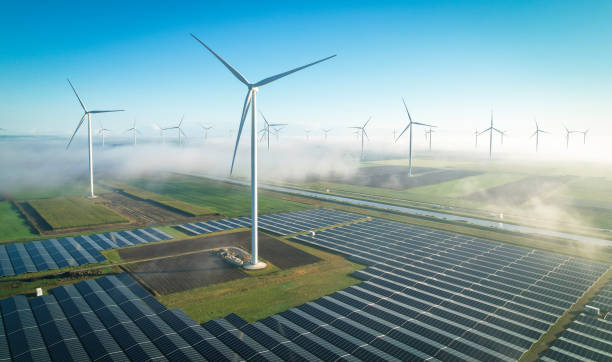House Republicans’ Move Threatens Clean Energy Momentum
House Republicans’ proposed 2026 Energy and Water Development and Related Agencies funding bill signals a potential shift in the United States’ clean energy trajectory. With a $1.4 billion cut to the Department of Energy’s budget and targeted reductions across critical renewable programs, this development is a topic of urgent discussion in the energy sector.
While the bill may be presented as an effort to consolidate spending and reduce federal government overreach, the consequences could be far-reaching. These cuts risk halting the progress of clean energy innovation across the nation. The Office of Energy Efficiency and Renewable Energy (EERE) has historically played a vital role in accelerating technologies like solar, wind, and energy storage. Without continued federal support, advancements in these areas could stall, and the growing clean energy jobs sector might slow down.
Critics argue that slashing funding for renewables at a time when global energy markets are rapidly evolving is shortsighted. The U.S. is currently experiencing a boom in clean energy investments due to policies like the Inflation Reduction Act (IRA), which offered tax credits and grants to boost domestic clean energy production. These cuts contradict previous bipartisan success and could weaken the country’s global position in the race for sustainable technologies.
Additionally, proponents of clean energy support emphasize the importance of long-term investment in reducing carbon emissions and supporting national energy independence. The potential for reduced efficiency and delayed technological advancements could have lasting economic and environmental consequences. It is a moment for readers to consider how much the U.S. is willing to invest in its own energy future and what sacrifices may follow from the lack of foresight.
- House Republicans are cutting $1.4 billion from the energy budget in a proposed 2026 funding bill.
- These reductions threaten to slow down the growth of clean energy technologies and job creation.
- Experts warn that the move could jeopardize the U.S.’s role in global clean energy innovation and energy security.
"Such cuts are not only unnecessary but also counterproductive to the goals of energy independence and climate resilience," said Dr. Jane Smith, an expert in clean energy innovation at the National Renewable Energy Laboratory.
What are your thoughts? Share how this budget proposal might impact the clean energy landscape in the U.S. and beyond. Cleanlight encourages readers to engage in the conversation to shape our shared energy future.


